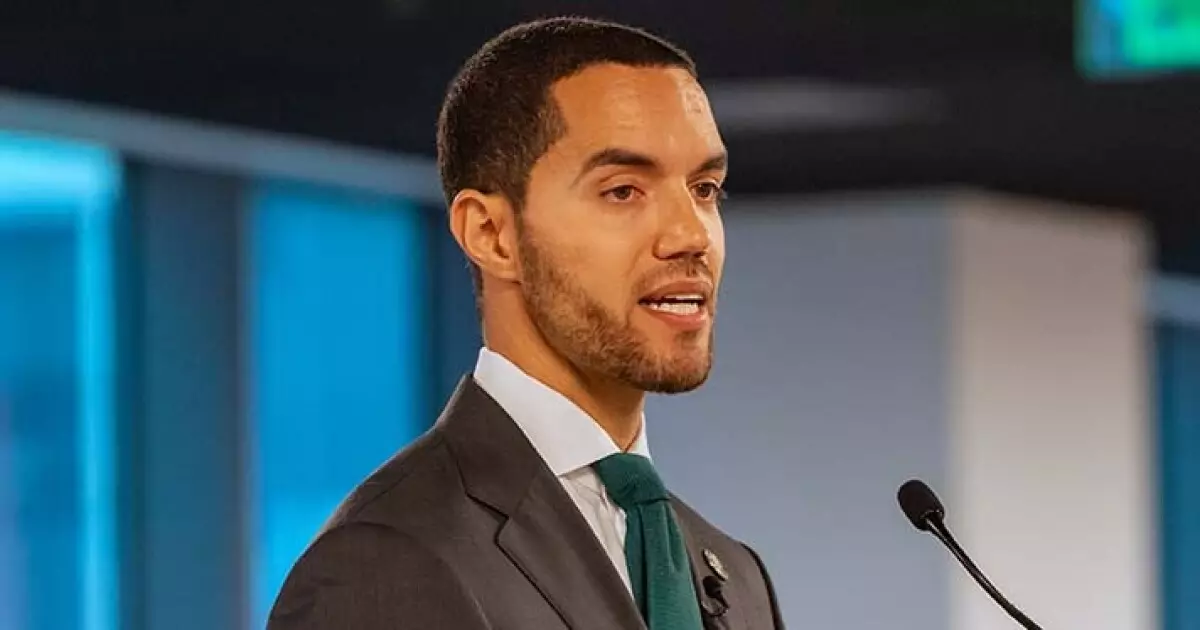In a troubled moment for the city of Houston, officials are grappling with the implications of a recent court ruling that has put immense pressure on its already strained finances. The Texas Supreme Court’s choice not to hear Houston’s appeal regarding a 2019 lawsuit marks a crucial turning point, as it essentially upholds a previous appellate court’s decision that complicates the city’s ability to manage property tax revenues. Officials have now warned that this development could lead to a significant budget shortfall—perhaps as steep as $100 million—that undermines the financial sustainability of one of the largest cities in the United States.
Impact of the Court Decision
At the heart of the issue is a persistent struggle for control over dedicated property tax revenues allocated for drainage and road services. These funds, previously voted on and earmarked for specific uses, now face the potential of being drained significantly to accommodate a newly enforced tax cap. Houston Controller Chris Hollins openly expressed the dire consequences of this ruling, describing the decision as a “real gut punch” that threatens essential city services. As the June deadline looms, the financial ramifications are glaring: the projected fund balance for fiscal year 2025 might plummet from $350 million to a mere $250 million, while the anticipated structural deficit escalates to more than $300 million.
In light of this alarming outlook, Hollins has advocated for urgent action, proposing the establishment of a joint emergency task force. This group would aim to explore different strategies to navigate through the financial quagmire while maintaining transparency with Houston’s residents. The situation demands a swift and strategic response, and it raises questions about the city’s capacity to deliver vital services without drastic budget cuts or new revenue streams.
Houston’s Mayor, John Whitmire, acknowledged the tumultuous landscape the city now finds itself in. He expressed a commitment to resolving these financial challenges, emphasizing the need for dialogue with the plaintiffs involved in the lawsuit to negotiate possible adjustments to the payment timetable. Whitmire’s proactive approach highlights a pivotal response to mounting pressures, with the intention to seek out additional revenue sources and exhaust all options available.
Contributing to the city’s financial recovery efforts, Houston Finance Director Melissa Dubowski revealed some movement on finding potential savings. A collaboration with the Metropolitan Transit Authority of Harris County has so far yielded $50 million in freed-up funds. Additionally, Dubowski plans to bring forth an Ernst & Young study, which is anticipated to identify substantial efficiencies and synergies within the city’s financial management practices. These initiatives could lay the groundwork for a more sustainable fiscal strategy as Houston navigates these perilous waters.
Broader Context of Financial Distress
The court ruling arrived against a backdrop of financial stress that has been exacerbated over the past year. A costly settlement with the city’s firefighters, amounting to $650 million and a significant pay increase embedded in a five-year agreement, has drained resources even further. Rating agencies, including Fitch Ratings and S&P Global, have reacted to these increases by revising Houston’s outlook from stable to negative, attributing their concerns to dwindling reserves and increasing liabilities. While Moody’s maintains a stable rating, the looming financial uncertainty is creating a precarious environment for city governance.
The repercussions of the Texas Supreme Court’s ruling have cast a long shadow over Houston’s fiscal future, putting significant pressure on officials as they scramble to safeguard the city’s financial integrity. With the dedicated task force and ongoing dialogues to secure additional revenue, Houston may have a chance to stabilize its budget, but it will undoubtedly require careful navigation and strategic management. As the city strives to balance urgent economic needs with the commitment to provide essential services, Houston’s resilience and adaptability will be tested in the months to come.

